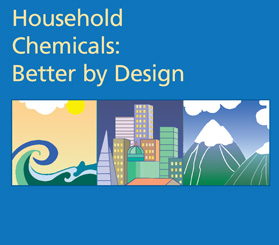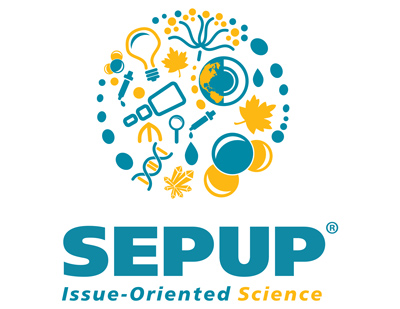Household Chemicals: Better by Design – Module Issues in the News for Students

Module Issues in the News
Household Chemicals: Better by Design is a SEPUP module designed for use in grades 6–12. The module contains a series of 11 activities that provide approximately 4–5 weeks of instruction
News
Using Mussels to Make Implants
An implant, whether an artificial joint or a heart valve, must attach to a surface inside the human body. In the same way, a mussel must attach to an underwater surface and remain in place despite strong currents. To do this, mussels produce a “glue” that is waterproof and sticks to anything, even Teflon®. Could this mussel glue be used with humans? Scientists at Northwestern University hope it can. They have developed a compound based on proteins from the common mussel, Mytilus edulis.
Implants often increase the chance of infection because foreign substances in the body, like the implant, attract bacteria. Scientists are also trying to use the glue to attach anti-bacterial coatings to implants. So far, the method seems to work on gold and titanium, two materials that implants are often made from.
Trials on animals and humans have not yet been done, but researchers hope to start soon. If the research finding continue to be positive, mussel glue could be used with human implants within 3-–5 years.
A Cheap Biodegradable Plastic?
Developing a plastic that completely biodegrades would solve many environmental problems. A research group led by Geoffrey Coates, a professor of chemistry and chemical biology at Cornell University, may have developed one using a polyester known as polybeta-hydroxybutyrate, or PHB. It is found in nature, particularly in some bacteria. Many of its properties are similar to polypropylene, so it could be used in many different plastic products. The advantage of using it is that it is completely biodegradable.
When this polymer was synthesized in the past, it was a very expensive process and required a lot of energy. The properties of the synthesized polymer were also very poor. The Cornell University research group has developed a different chemical process. It is less expensive and results in the new polymer having all of the desirable properties of polypropylene. Coates believes this chemical process is “going to be a competitive strategy” in producing a environmentally-friendly plastic.

